Being a caregiver is not always an easy feat. It’s a long-term commitment that comes with watching someone you love age with a disease known to change the person you once knew, all while you juggle various roles and responsibilities to make sure your loved one is still being provided for.
Some days, it feels like the world’s weight is falling on your shoulders.
We know your plate is full, and that is why we’re here – to ease some of the burdens for you and provide you with the tools, resources, and support needed to ensure you and your loved one live a life full of meaning and purpose.
This is a journey you need not walk alone, and even during some of the hardest trials, there is still joy to be found in caregiving.
Let us help you find it.
Dear Caregiver,
Caregiving can be an incredibly rewarding experience, but it’s also okay to note when your mind and body are telling you to step away for a moment. For many caregivers, the constant responsibility can lead to burnout and exhaustion, which is why “respite” is so essential. But what exactly does respite mean for a caregiver?
Respite: A Caregiver Necessity
In simple terms, respite is a break from caregiving. And we get it – it oftentimes seems there is just far too much to be done to consider taking a break without feeling unsure or selfish. However, one must always think of respite as a chance for caregivers to step away from their responsibilities to recharge and tend to their own needs—whether getting some rest, socializing with friends, or enjoying a hobby they haven’t had time for.
Respite isn’t a selfish act, nor is it a luxury; it’s a critical part of maintaining a caregiver’s health and well-being so they can continue providing the best possible care for their loved one without burning out.
Where Caregivers Can Find Respite
By caring for yourself, you ensure that you can provide the best care for those who need you most in the long term. Here are a few examples of finding respite to get you started:
Family and Friend Support: Reaching out to family members or close friends to step in and provide care for a short time can offer relief. Caregiving doesn’t have to be a solitary task, and asking someone to fill in for a brief period can double as a social hour for your loved one. Consider stepping away to do some grocery shopping while a friend or neighbor enjoys lunch with the person whom you are caring for.
Adult Daycare Programs: Adult Daycares (or Clubs as we like to call them!) offer structured, supervised care for adults with various needs. They allow caregivers to work or take time off, knowing their loved one is in good hands and enjoying mindful and engaging activities.
Community and Support Groups: Sometimes, taking a mental and emotional load off is just as vital as resting your bones. With that in mind, joining caregiving groups or local support circles allows caregivers to connect with others who understand their journey. Within these circles, caregivers can share in different challenges and burdens unique to their situation, fostering not only emotional support but also an outlet for practical tips and advice.
Taking a break is okay, especially if you feel on the edge of burnout (or even before you reach that point). And, if you’re local to Arizona, consider letting Oakwood Creative Care step in as a vital resource to your caregiving toolbelt!
Signed,
A Fellow Caregiver
We're Here For You
The impacts of Alzheimer’s, dementia, and other age-related issues affect the entire family. Oakwood Creative Care provides services, education, and support to help you ensure you never have to navigate through this journey alone.





